Publications
Articles, publications, books, tools and multimedia features from the U.S. Institute of Peace provide the latest news, analysis, research findings, practitioner guides and reports, all related to the conflict zones and issues that are at the center of the Institute’s work to prevent and reduce violent conflict.
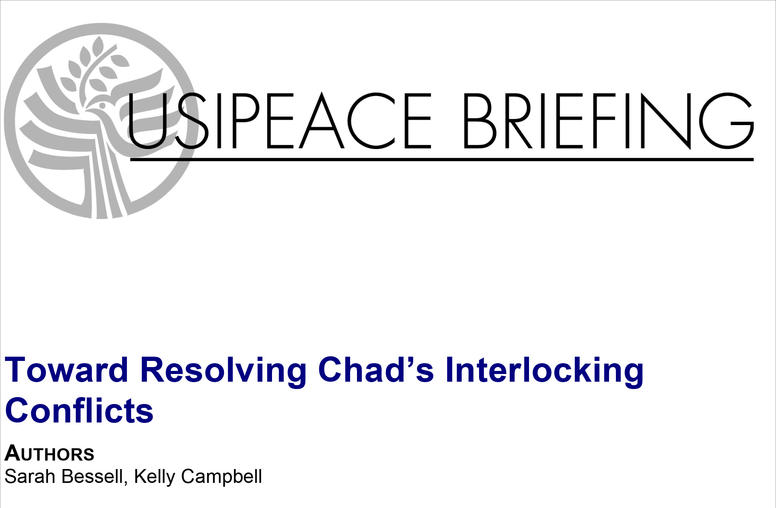
Toward Resolving Chad’s Interlocking Conflicts
The fragility of the Chadian government, as well as the fragmentation among Chadian civil society, political parties, and rebel movements, poses significant challenges that Chadian civil society, regional governments, African institutions and the international community must address with a coordinated strategy. Although the situation in the country is often examined through the lens of the Darfur crisis, several internal factors drive the instability in Chad and its regional actions.
The Central African Republic: Worsening Crisis in a Troubled Region
Recently, internal conflicts stemming from past and present realities and spillover of political unrest and violence from neighboring countries have given the Central African Republic, one of the least known countries in Africa, more prominence on the international map. Read more about this troubled region.
Sudanese-Chadian Relations: A New Dimension to the Conflict in Darfur?
Following more than a decade of close relations, tensions between the governments of Chad and Sudan have risen in recent months. What impact will this fraying relationship have on both countries?
Central African Republic, Chad, and Sudan: Triangle of Instability?
United Nations Under Secretary for Humanitarian Affairs Jan Egeland warned last month that the crises in Darfur, Chad, and Central African Republic (CAR) are intimately linked and could lead to a dangerous regional crisis. What are the factors behind the rebellions within CAR and Chad, and what is their relationship to the Darfur conflict?
Managing Political Transitions in Africa
Political transitions have often served as triggers of violence. This initiative aims to increase the capacity of key stakeholders to identify these triggers during political transitions, to build positive relationships among civil society, policymakers, and regional and international organizations, and to contribute to the academic and policy literature on peaceful political transitions in Africa.
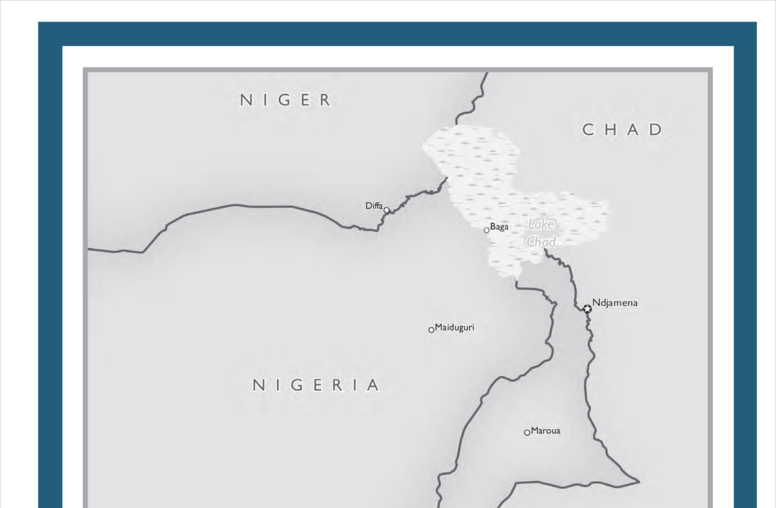
Breaking Boko Haram and Ramping Up Recovery: US-Lake Chad Region 2013-2016
This series of case studies—Burma (2009-2015), Jordan (2011-2016), and the Lake Chad Region (2013-2016)—document efforts and draw lessons from where US government leaders believe deepening crises were staved off through collaborative inter-agency engagement. Part of USIP’s “3D Learning from Complex Crises” project, the cases provide programmatic and operational lessons from complex operating environments. These lessons support systemic integrated approaches to complex crises and will better equip individuals to share objectives when working in inter-agency environments.
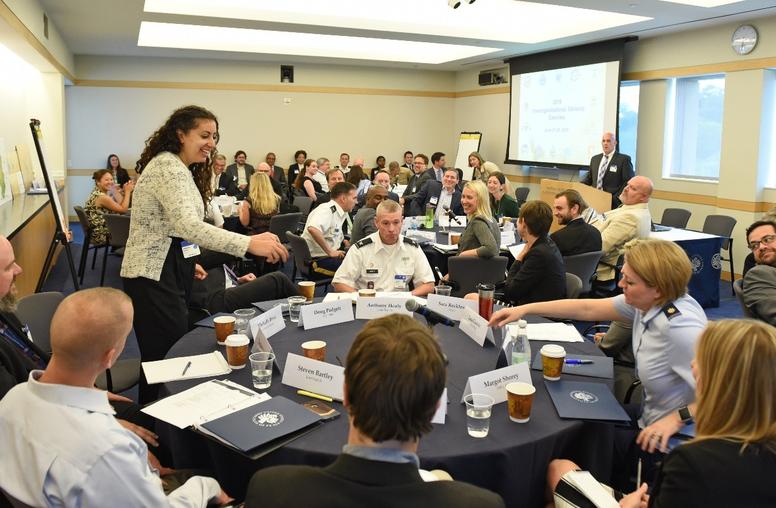
Lake Chad Exercise Demonstrates New Civilian-Military Approach
A group of senior U.S. military and civilian leaders recently agreed to find ways to work together more effectively to counter violent extremism in the volatile Lake Chad Basin of Africa, a region reeling from the casualties and destruction wrought for years by terrorist groups such as Boko Haram. The agreement emerged from a new exercise model...
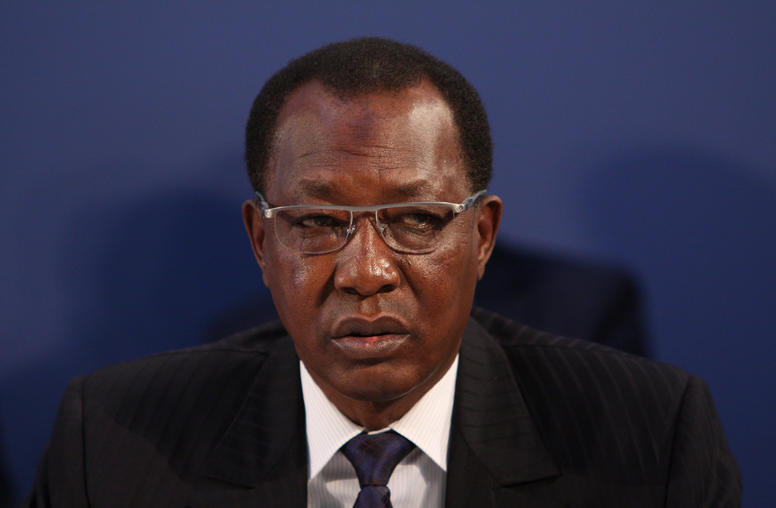
Chad: President Déby’s Death Leaves Vacuum in Volatile Region
The sudden violent death of Idriss Déby, the leader of Chad since 1990, throws the central African country into uncertainty. During a visit to the military frontline, Déby was allegedly killed in fighting in the country’s Lake Chad region, just days after the uncompetitive April 11 presidential elections in which he was re-elected for a sixth term. As USIP’s Kamissa Camara and researcher Jérôme Tubiana explain, Déby’s death does not change the structural deficiencies of the Chadian state. At the same time, Déby’s death leaves the West without a long-time ally in counterterrorism in the greater Sahel and Lake Chad Basin, and how the transition is managed has implications for the wider region, too.
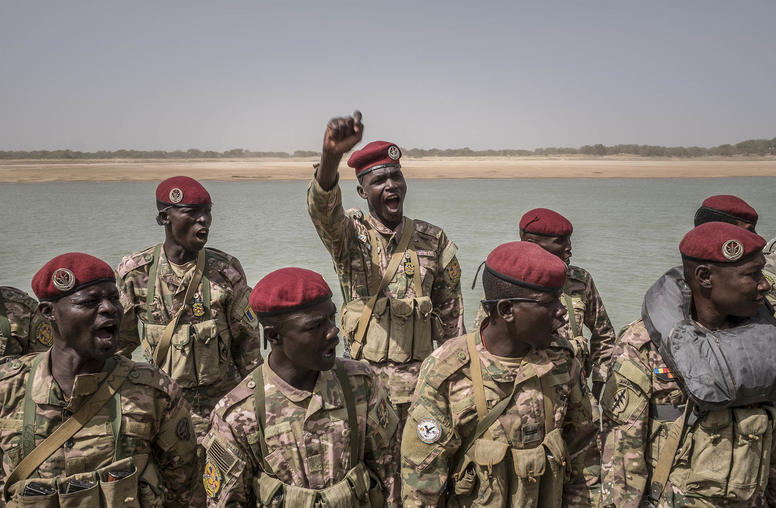
Chad’s Delayed Transition is Frustrating Its Citizens
On May 14, demonstrations against France’s influence in Chad turned violent, injuring several policemen and leading to damage at several French-owned gasoline stations in Chad’s capital city of N'Djamena. Wakit Tamaa, the civil society and opposition coalition that called for the demonstrations, had organized the event for participants to express their disapproval of French military influence in the country — including perceived French support for the Transitional Military Council (CMT) that has ruled the country since April 2021.

La Transition Retardée du Tchad Frustre ses Citoyens
On May 14, demonstrations against France’s influence in Chad turned violent, injuring several policemen and leading to damage at several French-owned gasoline stations in Chad’s capital city of N'Djamena. Wakit Tamaa, the civil society and opposition coalition that called for the demonstrations, had organized the event for participants to express their disapproval of French military influence in the country — including perceived French support for the Transitional Military Council (CMT) that has ruled the country since April 2021.